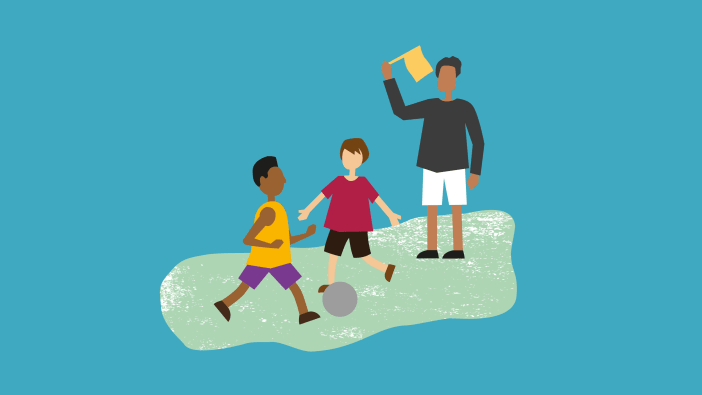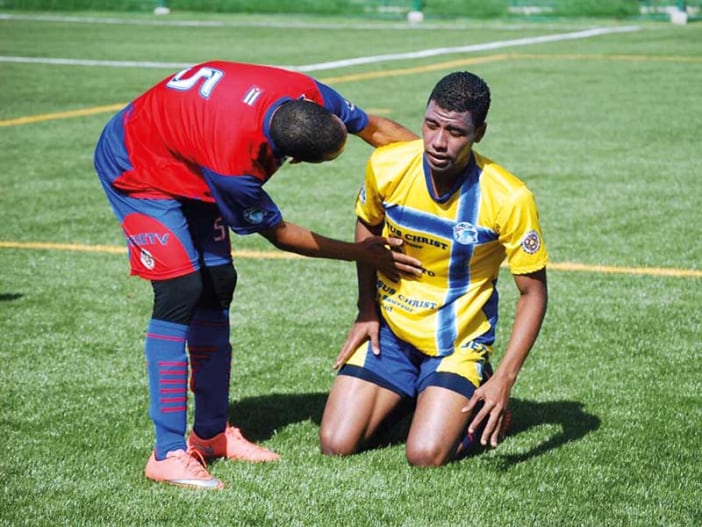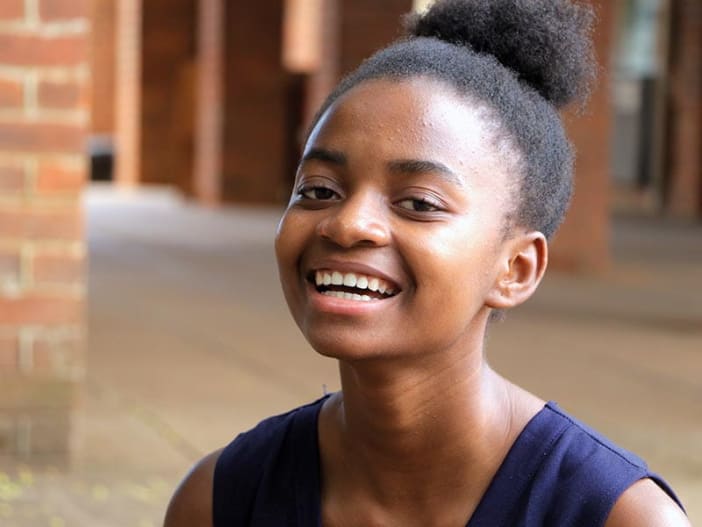by Glenn Miles.
In community development, listening to people is seen to be an essential part of the process. However, even when participatory methods mean that the views of women, farmers, the elderly and the disabled, as well as community leaders, are heard, children are seldom consulted.
Why are children left out?
- It is felt that they do not have anything to contribute.
- They hold no power in their communities and do not have a voice.
Why listen to children?
- If a programme is focused on children they have a right to be involved in what may affect them.
- If children are likely to benefit from a programme, they will understand the issues more clearly from a child’s point of view than an adult could.
- Adults will have their own agendas, which may differ from those of children.
- If there are misunderstandings then these can be made clear and discussed.
- Children are often enthusiastic and keen to take part and be heard.
- Children who participate will understand the issues better and will then be better able to make informed decisions in the future.
- Children are not inferior, nor are they ignorant of the issues.
How can we listen?
A simple survey or list of questions can be prepared so that the views of many children can be heard. There are a number of ways of doing this: Individual surveys These are better for sensitive issues and for discovering how common are different kinds of health damaging behaviour.
Individual surveys take a lot of time. They can be written questionnaires or personal questions.
Focus groups Discovering children’s opinions, experiences or abilities may be easier in small groups. Children help to encourage new ideas from each other and more children’s views can be heard in a shorter time.
The type of questions asked must take into account:
- the age and understanding of children
- whether children are able to read and write. Drawings or drama could be used with children who are not literate, to avoid direct questions.
- how easy it is to have access to different groups of children. For example, school children are easier to interview but the views of street children may be equally important.
Questionnaire surveys Questionnaires have been criticised for being clumsy compared to other methods but they are a relatively quick and easy way to do a survey with children. They are also a good way to learn about doing research with children and can be done in a classroom setting.
Who should listen?
Research with children can be done by health workers, teachers or youth leaders who are good at communicating with children. This means that as well as being good listeners they also need to be understandable in the way they communicate. You will know adults who children find it easy to talk to. Where sensitive subjects are being raised or children have been traumatised in some way, then the person doing the research should first receive training in communicating with children from a qualified person.
Concerns and considerations
Some questions that need to be considered before listening to children‘s views…
- Will better understanding benefit children in the long term?
- Do the benefits of using surveys or questionnaires outweigh the difficulties and discomfort for children?
- Have the questions first been tested on a small group of children?
- What are the risks or costs if the research is or is not carried out?
- Will children be given the opportunity to refuse or withdraw if they choose to?
- Will children’s answers remain confidential? How can children be sure of this?
- Will parents, as well as children, be asked for permission for their child to participate?
- Will children and parents be invited to comment on the overall results?
- What will be the consequences if children’s views are then ignored in the final outcome?
- How will the information be made available to those in a position to make changes?
Glenn Miles has experience in Cambodia with Urban Community Health and at present works as a child development consultant for Tearfund. He can be contacted c/o Asia Team, Tearfund, 100 Church Road, Teddington, TW11 8QE, UK.
E-mail: [email protected]









